Improving Fish Passage Past Mona Vale Weir
Many of our native fish species migrate to and from the sea to complete their life cycle. Unfortunately, artificial structures – like weirs and culverts – can block this migration. But where do you start, when there are so many potential barriers to fix?
To answer this question, Instream developed a prioritisation framework for Christchurch City Council, to identify which of their assets were the highest priority to fix. This framework combined information from the Fish Passage Assessment Tool database, council asset data, freshwater fish records, priority catchments identified by council, and expert judgement.
Before improvements: a concrete weir, built in the 1980s - which presented a considerable migration barrier to many native fish species.
We identified the weir near Mona Vale homestead as a top priority for remediation, because it prevented access to up to 38 km of waterways upstream for some native fish species. Based on our advice, the council investigated options for enhancing fish passage past Mona Vale weir, then designed and built a natural rock riffle over the old weir, so all species of fish can now migrate upstream.
After improvements: a natural rock riffle built over the old weir, creates a flowing channel enabling all species of fish to migrate upstream.
These photos represent a dramatic improvement to fish passage - and the first of many projects to come. Check out the waterway monitoring page of the council’s website for further information, including our reports on fish passage.


